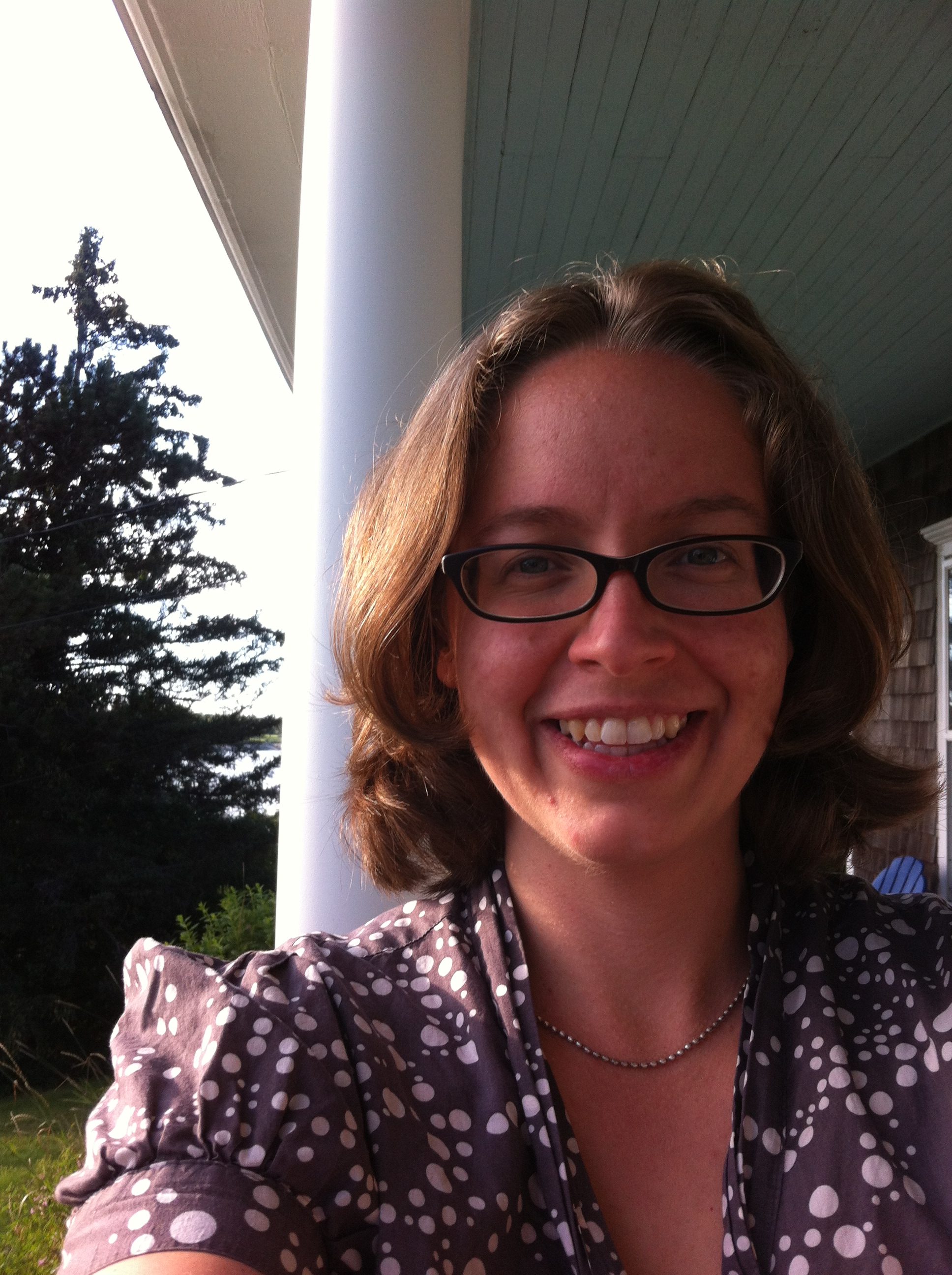
I am currently a Visiting Assistant Professor of History at the University of Hartford in Connecticut. I received my PhD in 2015 from the University of Connecticut, and my BA from Holy Cross in 2004. I teach both halves of the US survey, in various forms, as well as the history of women, gender, sexuality, and the 19th century more generally.
All of my courses, from intro to upper level, are flipped/discussion-based. The emphasis in intro classes is always on learning historical thinking skills over mastering a certain amount of content. I urge my students to be reflective about the ways that they approach, read, and think about the material we encounter, so as to better understand and unsettle the things they think are “natural” and “common sense” in the world.
My research examines the social and spiritual lives of antebellum women. My dissertation project explored the role of friendship in conversion, tracing the life of one New England woman who converted to Catholicism at the height of the mid-century anti-Catholic movement. An article based on that research appears in the Spring 2014 issue of U.S. Catholic Historian. My current book project interrogates the gendered dimensions of 19th century “self-culture,” particularly how women worked to craft intellectual, social, legal, and spiritual selves in a culture that defined “the individual” as male.
I am currently a Visiting Assistant Professor of History at the University of Hartford in Connecticut. I received my PhD in 2015 from the University of Connecticut, and my BA from Holy Cross in 2004. I teach both halves of the US survey, in various forms, as well as the history of women, gender, sexuality, and the 19th century more generally.
All of my courses, from intro to upper level, are flipped/discussion-based. The emphasis in intro classes is always on learning historical thinking skills over mastering a certain amount of content. I urge my students to be reflective about the ways that they approach, read, and think about the material we encounter, so as to better understand and unsettle the things they think are “natural” and “common sense” in the world.
My research examines the social and spiritual lives of antebellum women. My dissertation project explored the role of friendship in conversion, tracing the life of one New England woman who converted to Catholicism at the height of the mid-century anti-Catholic movement. An article based on that research appears in the Spring 2014 issue of U.S. Catholic Historian. My current book project interrogates the gendered dimensions of 19th century “self-culture,” particularly how women worked to craft intellectual, social, legal, and spiritual selves in a culture that defined “the individual” as male.
